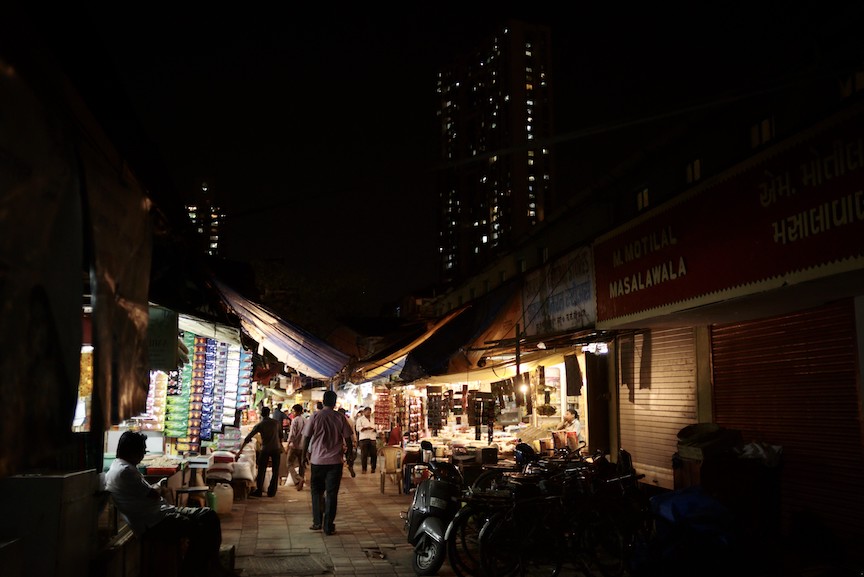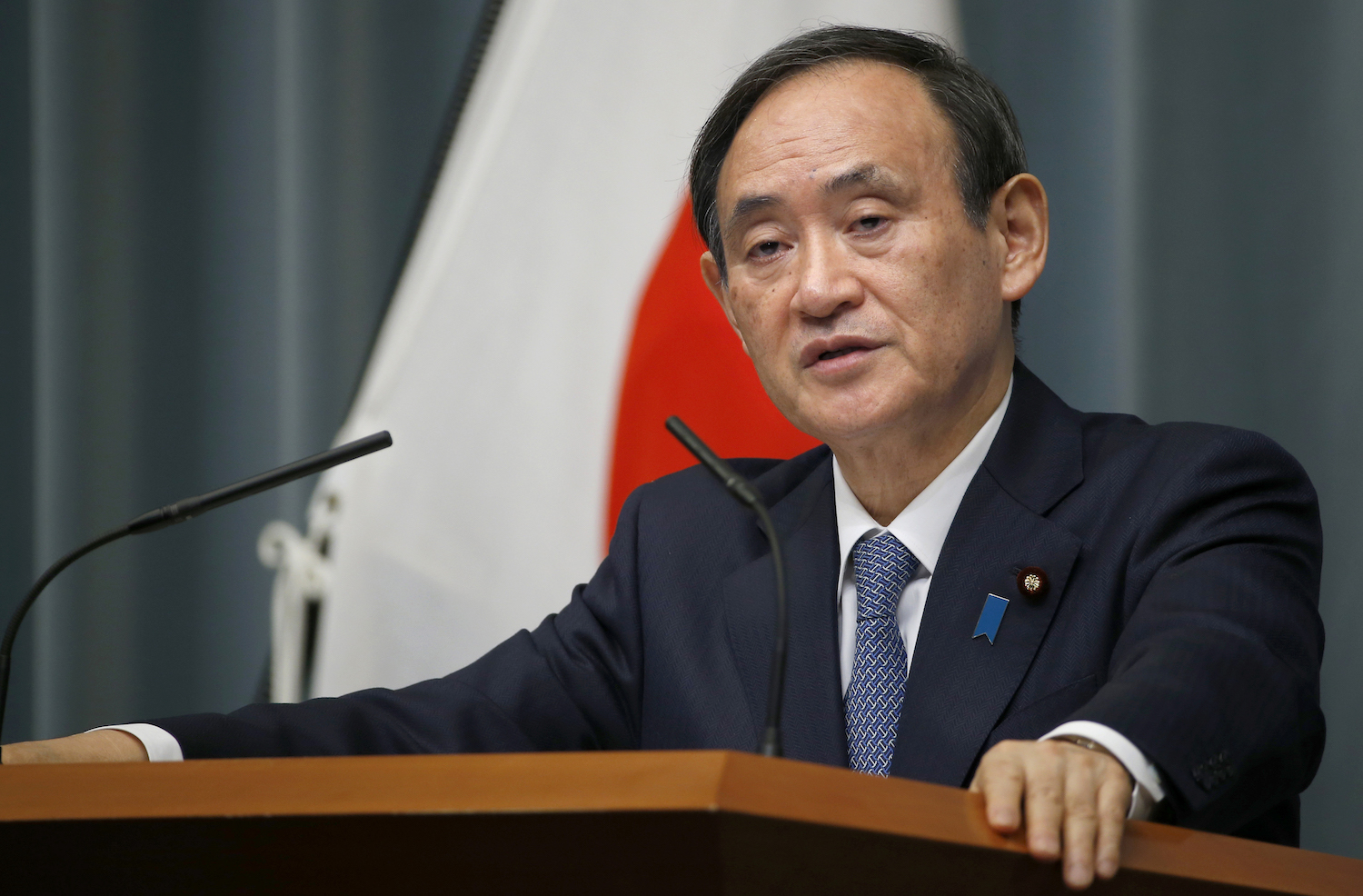Tunisian President Kais Saied announced on July 25 that he would assume executive authority, after suspending Tunisia’s Parliament for 30 days, and with a new prime minister, after dismissing Prime Minister Hicham Mechichi, according to Al Jazeera.
“We have taken these decisions…until social peace returns to Tunisia and until we save the state,” Saied said.
The controversial decisions came after protests about the government’s handling of the COVID-19 pandemic took place in several cities.
Protestors demanded the removal of the Prime Minister and the dissolution of Tunisia’s Parliament due to issues with vaccine distribution and spikes in COVID-19 cases that worsened economic issues. Tunisia has reported more COVID-19 deaths per capita than any other African country.
In the capital city of Tunis, police were seen using pepper spray against protestors who were reportedly throwing stones.
Protestors stormed the office of the Ennahda Movement, the dominant party in Parliament. Videos showed smoke coming out of the offices and reports of damaged computers and other equipment were seen.
Ennahda accused “criminal gangs” inside and outside the country of attempting to “seed chaos and destruction in the service of an agenda aimed at harming the Tunisian democratic process.”
Several arrests were also reported.
“Our patience has run out [and] there are no solutions for the unemployed,” said Nourredine Selmi, a protester in Tunis on July 25. “They cannot control the epidemic…They can’t give us vaccines.”
Former Health Minister Faouzi Mehdi decided to establish temporary, walk-in vaccination sites that were set to open on July 20 and 21, during the Muslim holiday Eid al-Adha. This was the first time sites would be open to all adults. Large crowds and insufficient capacity led to chaotic scenarios.
According to AP News, some locations reported confrontations between citizens seeking vaccinations and health officials attempting to enforce measures. Doors and windows being smashed and assaults on medics and paramedics at vaccination sites were also reported.
“Look at all the people,” said Ali ben Haj, who was making his third attempt to receive a vaccination at a site in the city of Kairouan. “Why all this? What have we done? You authorities, if you cannot find solutions for us, let us search for solutions ourselves.”
After a visit to the vaccination site, Mechichi fired Mehdi. Social Affairs Minister Mohamed Trabelsi was placed as head of the ministry, solely in a caretaker capacity.
A day later, Saied placed the Tunisian military in charge of managing the country’s pandemic response.
Following Saied’s decision to dissolve Parliament and remove Mechichi, members of Ennahda held a sit-in outside Parliament on July 26, while the building was surrounded by the army. Supporters of Ennahda and President Saied clashed with each other, according to Reuters.
“I warn any who think of resorting to weapons…and whoever shoots a bullet, the armed forces will respond with bullets,” Saied said.
In addition to his other decisions, Saied lifted immunity held by members of Parliament. When two allegedly corrupt members of Parliament were arrested on July 30, opposition party members accused Saied of attempting a coup, a claim which he denies.
“I know the constitutional texts very well, respect them and taught them and after all this time I will not turn into a dictator as some have said,” Saied, a former law professor, was quoted to have said.
Saied’s decisions have remained relatively popular among Tunisian citizens. Meanwhile, people inside and outside the country continue to wait and see what his next steps are.
“Tunisia’s president must uphold all fair trial guarantees for everyone and must not use his judicial powers to settle political scores or to conduct purges of critical voices,” said Heba Morayef, Amnesty International’s Regional Director for the Middle East and North Africa.
Hours after his announcement, Saied spoke with United States Secretary of State Antony Blinken who encouraged him to “adhere to the principles of democracy and human rights” and “maintain open dialogue with all political actors and the Tunisian people,” according to AP News.
Despite the country’s lack of regular economic or political stability, Tunisia is often viewed as the only democratic success story from the region-wide Arab Spring uprisings that began in Tunisia a decade ago, according to BBC.
“[Tunisians] will not be silent on any tyrant,” said Omar Oudherni, a retired Tunisian army brigadier and security expert. “Doing what is good will receive support. If [Saied] wants dictatorship, the people will sweep him up, as they swept up others.”i






